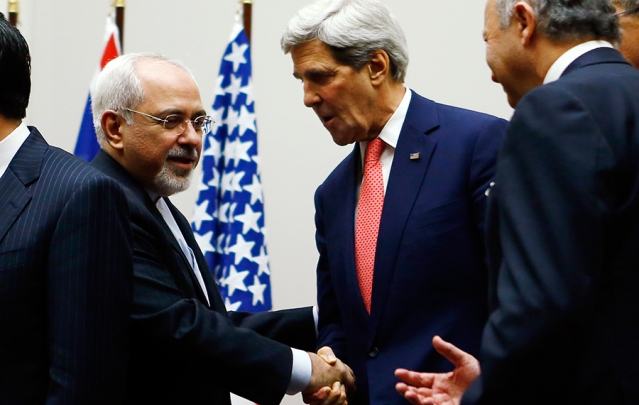ISIS’s war on the state
Abdullah Hamidaddin/Al Arabiya/Friday, 7 August 2015
On Thursday, 15 people were killed in a bombing of a mosque in Abha in southern Saudi Arabia. The Islamic State of Iraq and Syria (ISIS) claimed responsibility. This is the third mosque that ISIS has targeted in Saudi Arabia, and the fourth in the Gulf – in May, two mosques were targeted in the Eastern Province of the kingdom, and one in Kuwait. Those three mosques were used by Shiites – now ISIS targeted a Sunni mosque, yet the underlying motivations are the same.
At the time, two opinions were circulating about the motivations of ISIS. The first was that it was targeting Shiites because they were heretics, so the motivation was assumed to be sectarian. This was a simple explanation and easiest to accept, especially in light of the prevalence of sectarian interpretations of the politics of the region, which assumes that there is a Sunni-Shiite war and that this attack is one small battle in that war.
There was, however, a second opinion that is more complex and starts with the assumption that ISIS is bloody, radical and extremist, but also rational in its calculations; rational in the sense that its tactics follow cost/benefit logic. This strand of thought concedes that ISIS considers Shiites to be heretics and that its ideal world is one without them, but it did not attack the mosques because Shiites are heretics.
There were no realistic sectarian motives in ISIS’s attack of Shiite mosques. Rather, it was looking for high-impact targets. It wanted to attack the Saudi government while avoiding hurting Sunni citizens. It wanted to delegitimize the government by attacking citizens, and its choice of Shiite citizens was in the hope that it could generate tension between Shiite Saudis and the government.
We all know that there are Shiite radicals conveying a discourse of Shiite victimization, claiming that Shiites are targets of a systemic onslaught and marginalization by the Saudi government. So ISIS may have calculated that by targeting Shiite mosques it would legitimize those radical voices among a wider Shiite population, leading to a schism between the government and Shiites.
Radical vs. religious zealots
ISIS, according to this analysis, did not want to target Sunni citizens for fear of losing popularity among Saudi radical zealots. Radical zealots are different from religious zealots. The former are politicized religious extremists who reject the current political order and aim for a caliphate of some sort, and whose principal foes are governments.
This is a war ISIS wants to wage against the Saudi state, but more fundamentally against the idea of a modern state in whatever form. The latter are religious puritans who reject modernity (but embrace technology) and existing lifestyles, and aim for a pious society strictly ruled by sharia and whose principal foes are liberals and secularists. Radical zealots are willing to kill anyone who stands in their way. Religious zealots, however, would only go as far as disrupting social order, which is not pleasant but at least not murderous.
ISIS’s main pool of recruits comes from radical zealots, so it is keen to retain its legitimacy among them. This is especially so because radical zealots are a very small minority in the Saudi population, and ISIS cannot afford to lose its legitimacy among a single one of them.
Radical zealots have long debated among themselves the legitimacy of targeting individuals who are not government affiliates, so the safer route for ISIS would be to focus its attacks only on those targets that all radical zealots consider legitimate. In Saudi Arabia, those targets are Shiites and security forces. After targeting Shiites, it is now targeting security forces.
The underlying logic of the attack on a Shiite mosque and the security forces mosque is that this is a war ISIS wants to wage against the Saudi state, but more fundamentally against the idea of a modern state in whatever form. This is a war being waged against an order, not just a government. It is a war in which all of us will eventually become targets, so all of us need to stand against it.




















